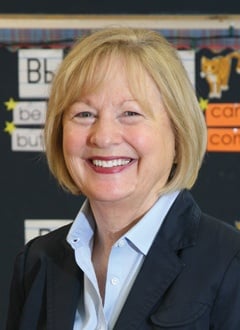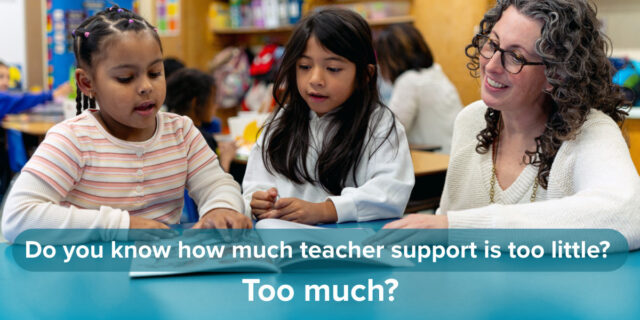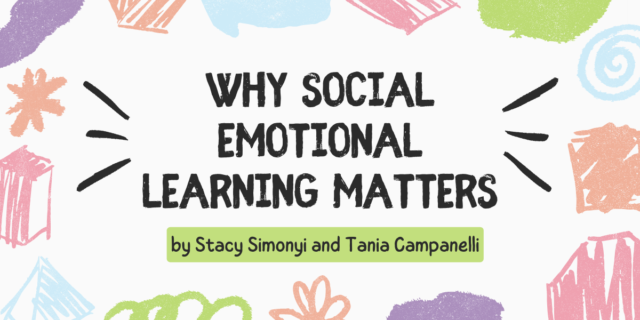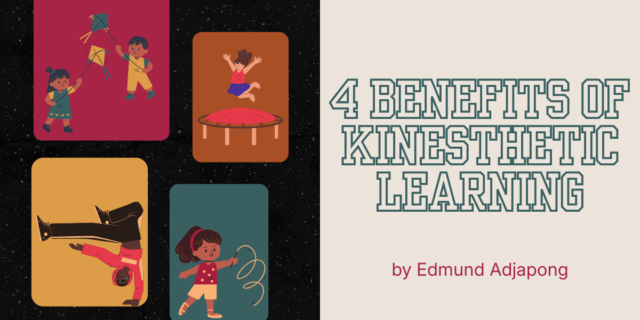
For many of us, our impulse is to keep plowing ahead, doing what we’ve always done, and rarely stepping back to question whether we’re on the right path. On the big questions of finding meaning, fulfillment, and happiness, we’re deluged with answers—in the form of off-the-shelf advice, tips, and strategies from experts and gurus. It shouldn’t be any wonder if those generic solutions don’t quite fit: to get to our answers, we must formulate and work through the questions ourselves.
For many of us, our impulse is to keep plowing ahead, doing what we’ve always done, and rarely stepping back to question whether we’re on the right path. On the big questions of finding meaning, fulfillment, and happiness, we’re deluged with answers—in the form of off-the-shelf advice, tips, and strategies from experts and gurus. It shouldn’t be any wonder if those generic solutions don’t quite fit: to get to our answers, we must formulate and work through the questions ourselves.
The same might be true for teachers. So many different voices—principals, coaches, programs, policies, standards—pepper us with answers that don’t quite fit. And do we even know what the questions are or who is asking them?
Sometimes we are the ones pushing ahead as if on autopilot, with no time to step back and question and reflect on what we’re doing, where we’re going, what we believe, and who we are. It’s as if our days are more about getting through than thinking through, checking off the boxes instead of being present, delighting in children, and working hard to meet individual needs in authentic ways.
But what if we worked together to change all that? What if we joined the ranks of the change makers and committed the time and effort it would take to change the narrative about how schools work? Could teachers be the ones to begin real conversations with each other and those in power?
Yes! And if we do, we'll have inspiring and influential stories to tell about who we are, what we can do, and most especially what children can do when we put them in the forefront of our minds. And hearts.
•••
Learn more about What's the Best That Could Happen? at heinemann.com

Debbie Miller is a teacher, author, and literacy consultant. She taught in the Denver Public Schools for thirty years and now works extensively with schools and districts on long-range planning and development of literacy programs. Debbie is the author or co-author of many resources for teachers, including Reading with Meaning, No More Independent Reading Without Support, and the forthcoming What's the Best That Could Happen?
Follow Debbie on Twitter @millerread



